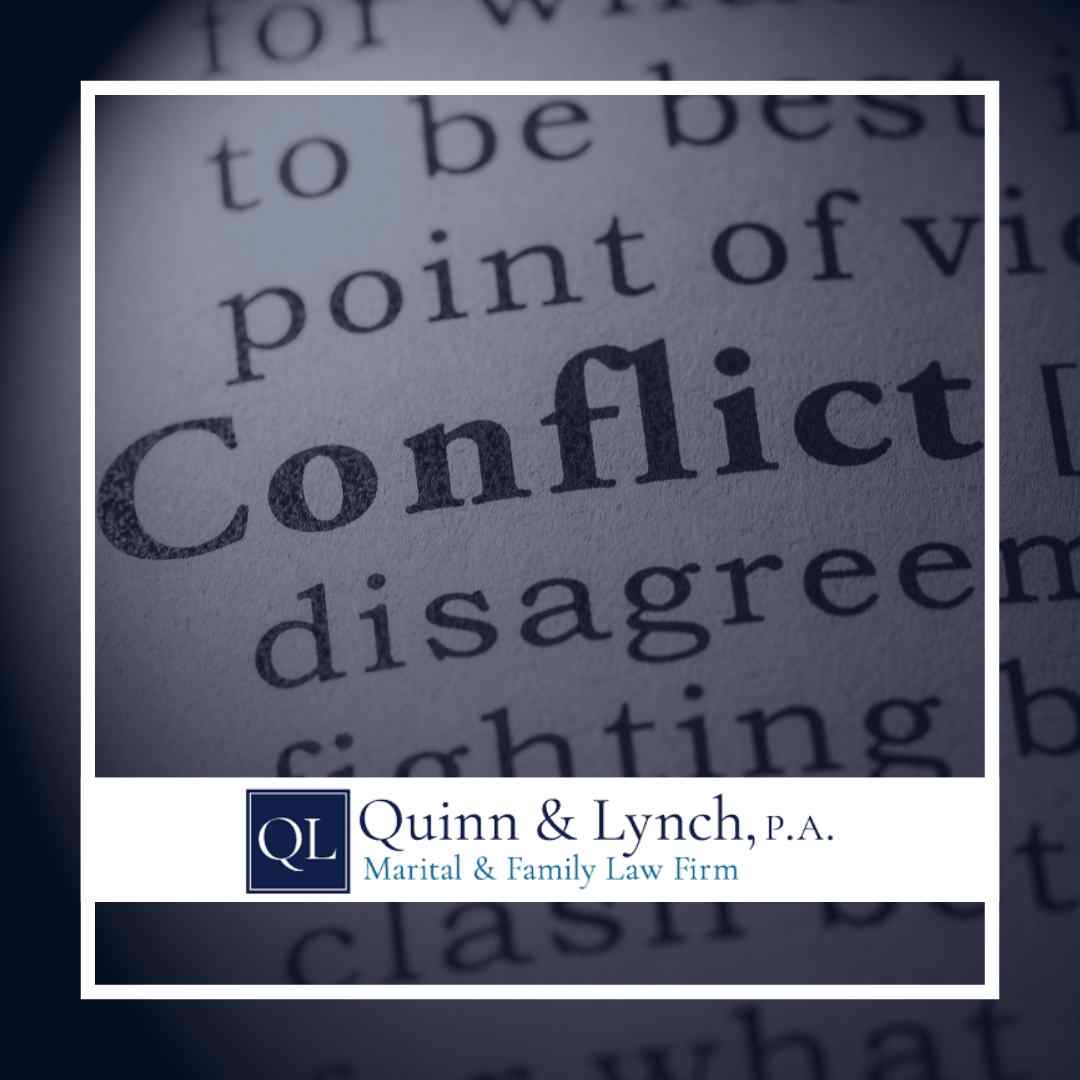The end of a marriage can be painful for everyone involved. As a result, tension can run high, and people may lose their temper. However, divorce does not have to lead to drawn-out fights in the courtroom. What should you know about conflict in Florida divorces, and how can you avoid a high-conflict divorce?
Understanding Florida Divorce Laws
Florida is a no-fault divorce state.
While divorce sometimes involves wrongdoing on the part of one spouse, Florida law allows a couple to end their marriage because they believe that it is “irretrievably broken.” This means that couples can conclude that they no longer wish to be married without either party needing to prove that someone was at fault.
Because no one needs to be at fault for a couple to divorce in Florida, neither spouse needs to argue about the wrongdoing of the other. In cases that do involve a breach of trust, it also allows couples to avoid the emotional strain of revealing these painful and personal details in public records.
Alternative Dispute Resolution for Divorce
Alternative divorce solutions or dispute resolution (ADR) can further decrease conflict.
While some couples turn to litigation to resolve their divorce, ADR methods like mediation or collaborative divorce encourage couples to work together to reach a satisfactory agreement. While the mediation or collaborative divorce process can involve disagreement, it also encourages collaboration and allows both spouses to take an active part in reaching a solution that they find satisfactory.
While a high-conflict divorce can involve conflict, not every divorce has to lead to a fight. For couples that want to decrease the emotional strain of the divorce process, options are available to achieve those goals while also giving them a strong start for the next stage of their life.
How Does a High-Conflict Divorce Affect Children?
When your Florida marriage ends, the chances of you or your former partner having hard feelings are high. However, when the relationship between you and your ex becomes especially acrimonious and the two of you share children, your contentiousness may begin to impact your kids.
According to Psychology Today, high-conflict divorces have the potential to impact your child’s emotional and mental health, among other areas. Yet, research suggests the level of conflict between you, and not the fact that you are divorcing, impacts your child most. Your child may experience more emotional turmoil if you remain in a high-conflict relationship than they would be if you were to part ways.
When there is considerable strife between you and your child’s other parent, it may begin to impact your child’s ability to succeed in school. It may also impact his or her future romantic or familial relationships as well as his or her sense of self and self-esteem.
How to Minimize Conflict Between You and Your Ex
If possible, consider pursuing something other than a litigated divorce to reduce the strain on your kids, such as a mediated or collaborative divorce. Creating a parenting plan and agreeing to the terms therein may also help reduce the conflict between you and your former spouse. It may also benefit you and your children in the long run if you and your ex devise a way to address and handle future disagreements between you before they arise.
Our Divorce Attorneys Can Help You Avoid a High-Conflict Divorce With Alternative Options
If you’re wondering ‘is mediation a good idea in divorce‘, or want to know more about how divorce mediation works in Texas, contact one of our Tampa divorce mediation attorneys. We can highlight the benefits of divorce mediation for your case specifically.















